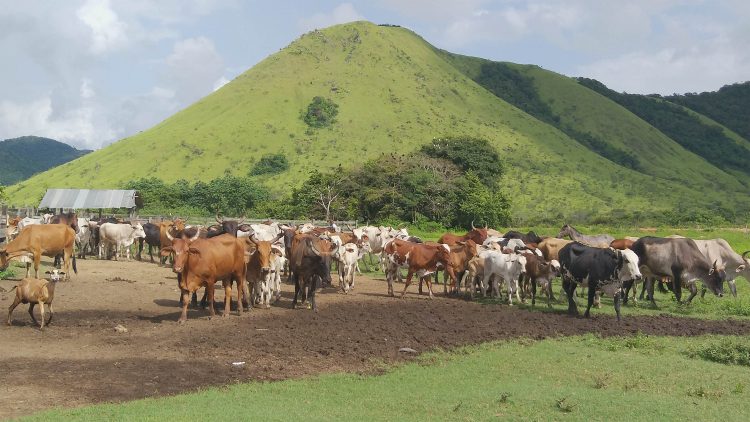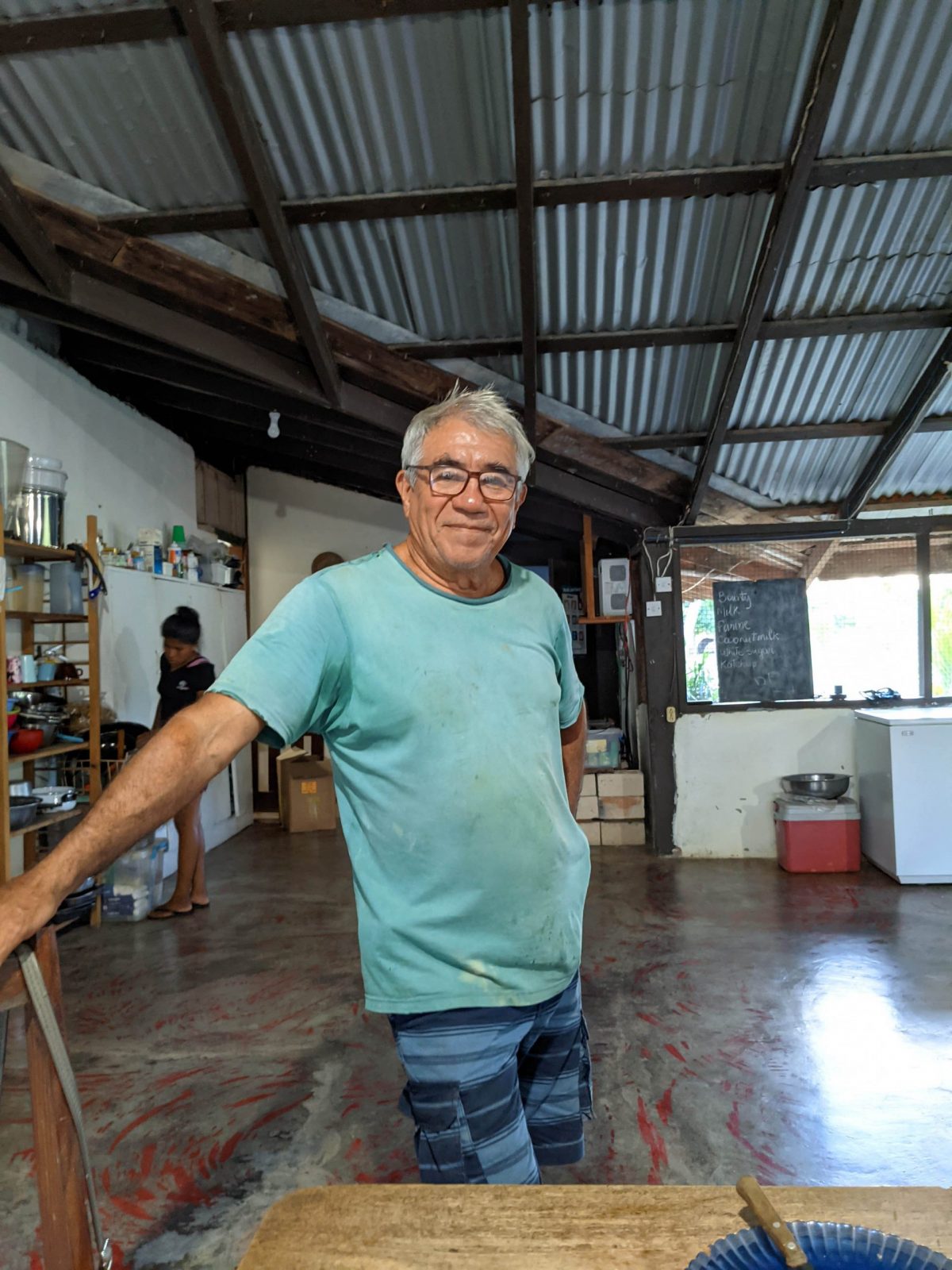Rustling is just one of several challenges confronting Rupununi ranchers, says Don Melville, who served as the manager of the Waichi Ranch for ten years. It continues to be the bane of the ranchers’ existence and the economic losses are considerable. Melville talks about the highly organised nature of the cattle theft. The absence of an effective deterrent, he says, means that the rustlers, both Guyanese and Brazilians, have a more-or-less, ‘free hand.’ Rustling, Melville informs, is a highly organised pursuit which intensifies during the rainy season when the cattle are clustered on higher ground, making it easier for the rustlers to move several hundred head simultaneously. They strike at other strategic moments… like during holiday periods, and the Rupununi Rodeo season. At these times, Melville says, alternative preoccupations create distractions that work to the advantage of the rustlers.

Understandably, with rustling being low on the list of law enforcement’s priorities, rustlers who are caught and charged are customarily released on bail. Penalties usually do not match the crime.
Head of the Rupununi Livestock & Producers Association (RLPA), Rebecca Rodrigues-Faria, wants greater attention to be paid to the cattle ranching sector. She wants stiffer penalties for cattle rustling and that aside, scaled-up official attention to the sector as a whole.
The country’s Cattle Stealing Act, she says, is woefully weak in its effectiveness and badly in need of revision. She goes beyond that. “We need to have improved pasture, [and] animal husbandry. We need to be recognised as one of the major contributors to food security in the Rupununi.”
A document that addresses the issues which affect cattle ranchers has been ‘doing the rounds’ across various political administrations, including the previous and present ones. “We are hoping that this time around our issues can be treated as urgent,” Rodrigues-Faria says.
She lists some of the issues that cry out for urgent attention, like the drilling of wells and the development of reservoirs. These issues, Rodrigues-Faria says, are high on the list of the ranchers’ concerns. Besides those, there is land ownership. “We would like to have this issue resolved. Some farmers have been waiting for years to own land. We need to be recognised as farmers. We need to have ownership of land in order to invest in food security and employment. There is also the issue of encroachment,” Rodrigues-Faria told the Stabroek Business. This issue, she says, particularly requires the intervention of government since it has been “affecting livestock owners for decades.”
As a collective, the RLPA serves as an important decision-making body for the ranchers. They make collective decisions on sectoral decisions, including the price of beef. Rodrigues-Faria disclosed that at a recent meeting of the Association, the ranchers agreed to increase the price of beef from $360 to $400 per pound. That had been the first collective decision taken on beef prices in ten years.
The RLPA President addresses what she says is a myth that cattle ranchers are a ‘wealthy class’. “That is far from the truth. What we have is walking money. We need support. We need agencies that will help us with things like pasture development, [and] effective rearing of cattle.” She says that the sector also needs the support of the veterinary services provided by the Ministry of Agriculture. And while she is aware that the ranchers are private businessmen and women, she would wish to see them benefitting from the advice of the state agencies from time to time.
She returns to the issue of livestock losses. It is, unquestionably, the bane of the ranchers’ existence. She concurs with Melville that heavy rains cause the cattle to cluster on high ground. There, they become ‘sitting targets’ for rustlers. She agrees too that in the absence of the ranchers and cowhands for long periods during the Rodeo season, allows for the rustlers to hit the cattlemen and women hard. And if that was not enough, Rodrigues-Faria adds that the Covid-19 pandemic has slowed the beef market, impacting sales and by extension, ranchers’ earnings.
All of these circumstances, she says, require that central government give far more attention to the challenges facing the Rupununi ranchers as a matter of urgency.
Still, the ranchers appear to have long struck a philosophical posture regarding their circumstances. Their determination to survive and to ensure the survival of cattle ranching as a bona fide dimension to the wider Guyanese socio-economic milieu, appears to be – for all of the challenges – altogether undiminished.






